Premium Only Content
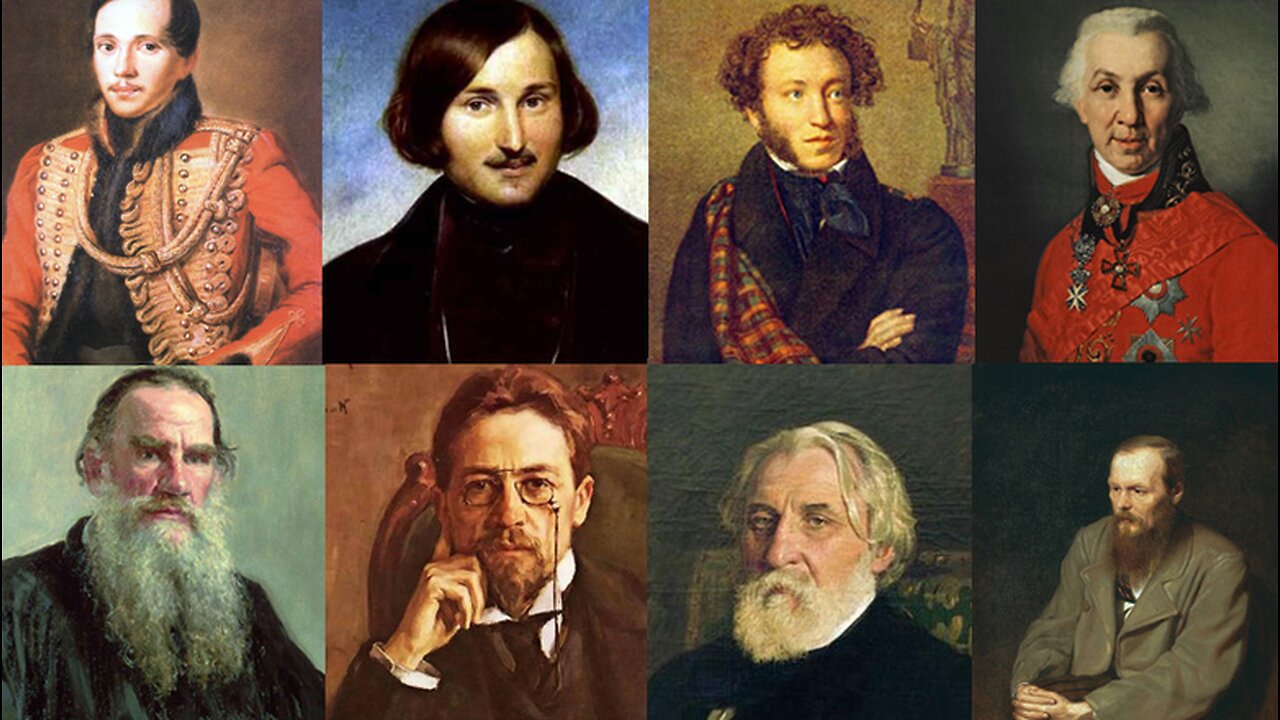
Classics of Russian Literature | Literature and Revolution (Lecture 26)
Lecture 26: During the First World War, two revolutions took place in what had been the tsarist empire of Russia. The first, in February–March 1917, overthrew Tsar Nikolai II and attempted to establish a democratic government. The second, under V. I. Lenin and his Bolsheviks in October–November 1917, overthrew the provisional democracy and sought to establish a dictatorship of the proletariat. In 1923, the name Union of Soviet Socialist Republics (USSR) was adopted, which lasted until 1991.
The new government was determined to put into practice the doctrine of Marxism, which meant that its leaders had to direct and control every aspect of human life toward the goal of a perfect society, labeled “complete communism.” Naturally, Russian literature, long concerned with the “eternal questions,” became a prime target and concern of such a regime. Gorky, in spite of his initial shock at the violence connected with the revolution, stayed loyal to the revolutionary cause. At times, though, he tried to protect writers and intellectuals from the excesses of Communist Party control.
Suggested Reading:
Alexander Kaun, Maxim Gorky and His Russia.
Lev Trotsky, Literature and Revolution.
-
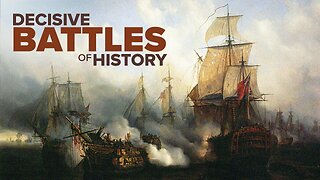 30:17
30:17
The Great Courses
2 months agoDecisive Battles of World History | 1942 Midway - Four Minutes Change Everything (Lecture 34)
205 -
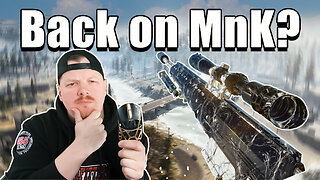 21:22
21:22
GritsGG
17 hours agoPlugged in MnK on Warzone & We Hit Shots!
171K5 -
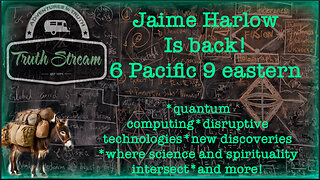 1:23:30
1:23:30
TruthStream with Joe and Scott
2 days agoJaime Harlow is back! #483
16.8K21 -
 1:32
1:32
Gaming on Rumble
2 days agoWhat is the Rumble Creator Program?!?! | Lvl UP
65.8K4 -
 10:34:09
10:34:09
Rallied
16 hours ago $20.89 earnedSolo Challenges ALL DAY
266K9 -
 1:39:43
1:39:43
Brandon Gentile
2 days agoTOP Money Expert: Bitcoin Will Keep Setting All-Time Highs Beyond $10m
22K3 -
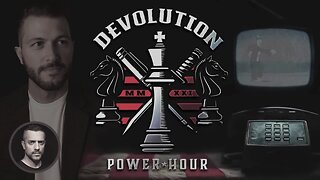 2:02:28
2:02:28
Badlands Media
1 day agoDevolution Power Hour Ep. 385: Trump “Death” Hoax, Supreme Court Tariffs Fight, and Tech-Military Ops
76K40 -
 1:56:48
1:56:48
Tundra Tactical
9 hours ago $16.36 earnedFull Semi-Auto Comedy Hour
44.1K3 -
 1:55:52
1:55:52
BlackDiamondGunsandGear
1 day agoGlocks Want Gun Control? // Trump Tramples on your Rights? // After Hours Armory
35.7K6 -
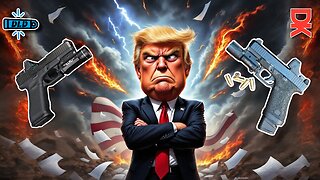 1:55:52
1:55:52
DLDAfterDark
14 hours ago $5.74 earnedDLD Live! Trump - Flag Burning - Glock & Gun Control - Martial Law Light?? - After Hours Armory
28.5K4